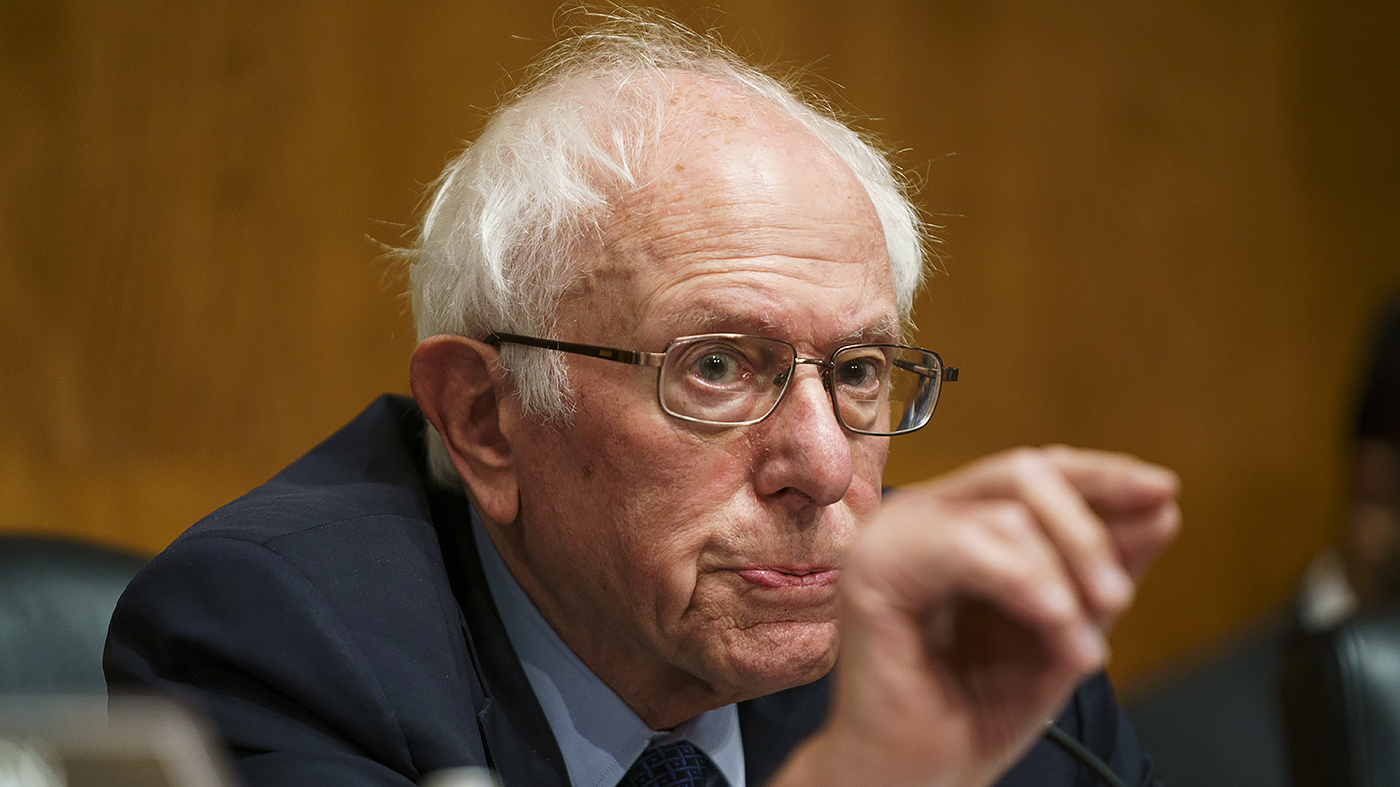Notifications
ALL BUSINESS
COMIDA
DIRECTORIES
ENTERTAINMENT
FINER THINGS
HEALTH
MARKETPLACE
MEMBER's ONLY
MONEY MATTER$
MOTIVATIONAL
NEWS & WEATHER
TECHNOLOGIA
TV NETWORKS
VIDEOS
VOTE USA 2026/2028
INVESTOR RELATIONS
COMING 2026 / 2027
ALL BUSINESS
COMIDA
DIRECTORIES
ENTERTAINMENT
FINER THINGS
HEALTH
MARKETPLACE
MEMBER's ONLY
MONEY MATTER$
MOTIVATIONAL
NEWS & WEATHER
TECHNOLOGIA
TV NETWORKS
VIDEOS
VOTE USA 2026/2028
INVESTOR RELATIONS
COMING 2026 / 2027
About Me
 Latinos Media
Latinos Media Latinos Media provides all types of news feeds on a daily basis to our Members
Posted by - Latinos Media -
on - October 24, 2023 -
Filed in - Salud -
-
699 Views - 0 Comments - 0 Likes - 0 Reviews

Sen. Bernie Sanders (I-Vt.), chairman of the Senate Committee on Health, Education, Labor and Pensions (HELP), stated Tuesday that he plans to vote "no" on the confirmation of Monica Bertagnolli, President Biden's nominee for director of the National Institutes of Health (NIH).
Sander's decision comes just one day before the HELP committee is to consider the nominations of Bertagnolli and other nominees at agencies such as the Equal Employment Opportunity Commission and the Bureau of Labor Statistics.
"Dr. Monica Bertagnolli is an intelligent and caring person, but has not convinced me that she is prepared to take on the greed and power of the drug companies and health care industry and fight for the transformative changes the NIH needs at this critical moment," Sanders said in a statement.
"I intend to vote NO at her confirmation hearing on Wednesday. I have not asked any member of the Committee to follow my lead. This should be a vote of conscience."
Sanders had held up a confirmation hearing for Bertagnolli, saying he would oppose the nomination until the Biden administration provided plans for combating high prescription drug costs. He relented in September, saying he would allow a confirmation hearing after receiving a "commitment" from the White House to work on lowering prescription drug costs.
NIH Principal Deputy Director Lawrence A. Tabak has served as acting director of the agency since former NIH Director Francis Collins stepped down from his long-held position in December 2021.
During the hearing last week, Sanders made clear what he was looking for in a nominee for NIH director.
"We need an NIH director who is prepared to take on the greed of the pharmaceutical industry and use every tool at his or her disposal to substantially lower the outrageous cost of prescription drugs," Sanders said in his opening remarks.
During his questioning of Bertagnolli, Sanders specifically asked if she would reinstate the "reasonable pricing clause" that the NIH employed for a brief period in the late '80s and '90s.
This clause was added to agreements between federal agencies and private firms when developing drugs together and stipulated any drugs created through public-private partnerships with the federal government had to have "reasonable" pricing that reflected the "public investment in that product, and the health and safety needs of the public."
This requirement was eventually removed from agreements in 1995 after federal officials said it had driven away potential NIH partners.
"I can say that I myself believe that the American people deserve a fair return on the investment that Congress has placed within the National Institutes of Health and the research that we do," Bertagnolli told Sanders in response to his question.
"And I will commit to working to make sure that the benefits of our research are affordable and available to all the American people. I cannot give further specifics at this time about the execution of that that plan."